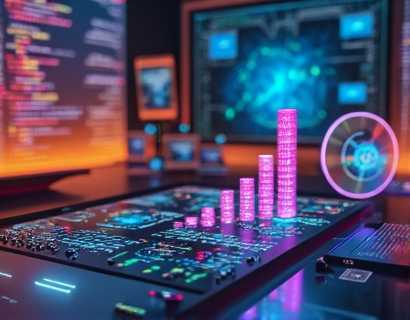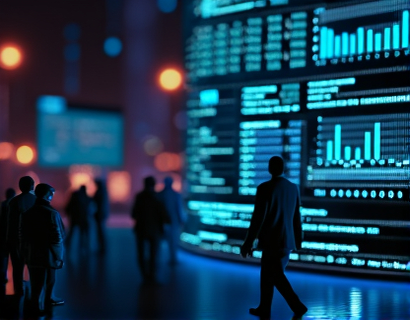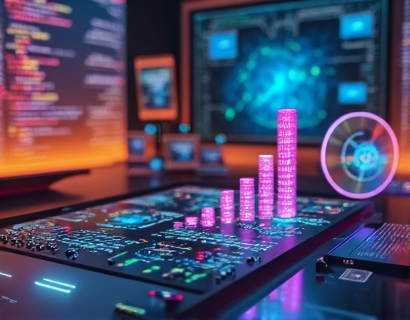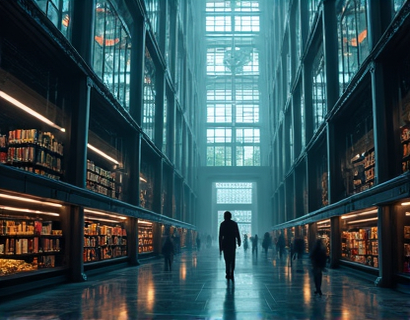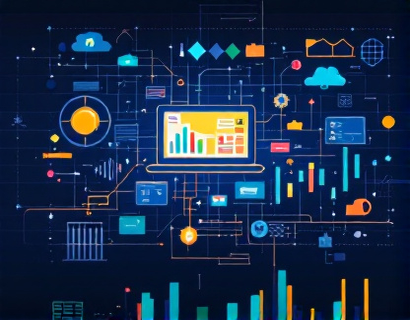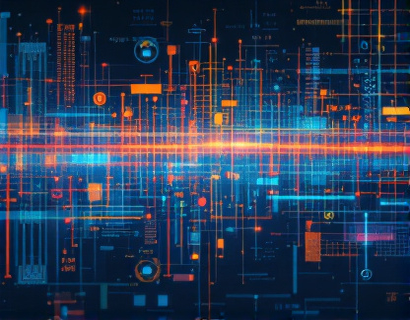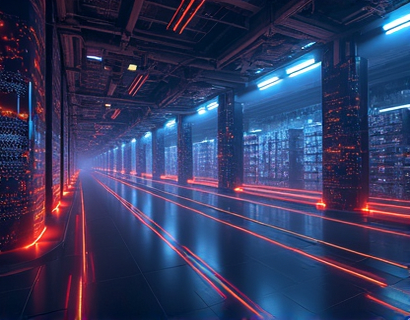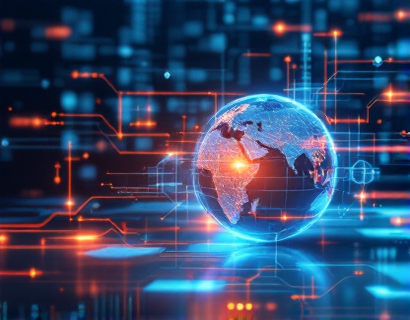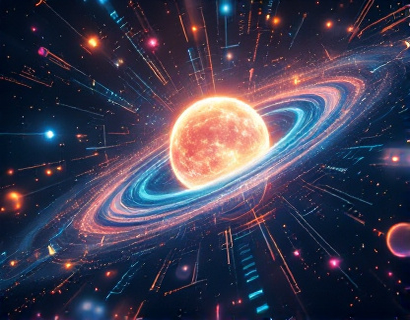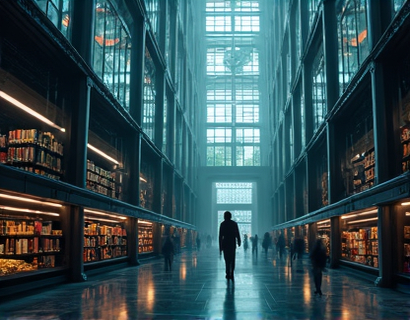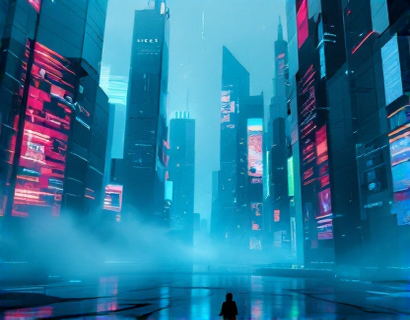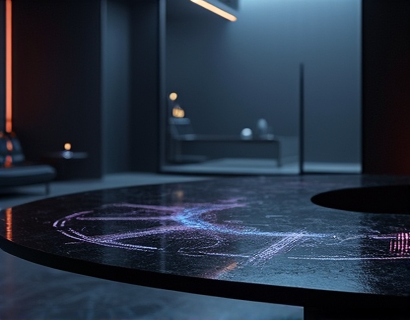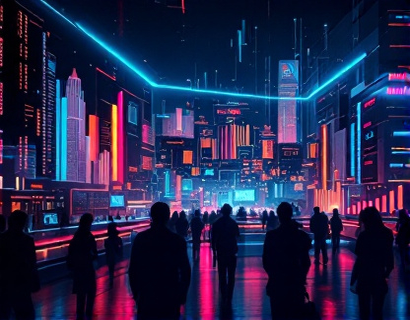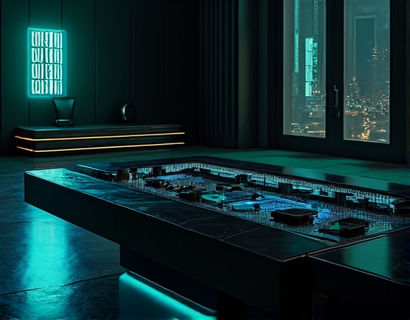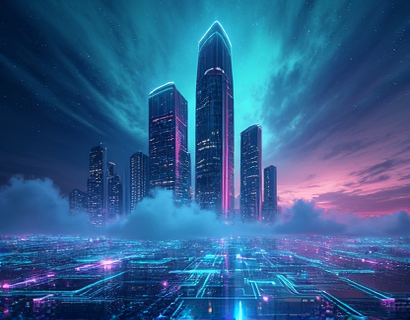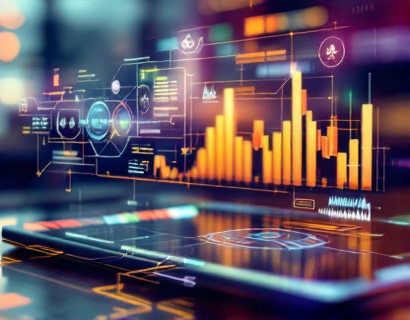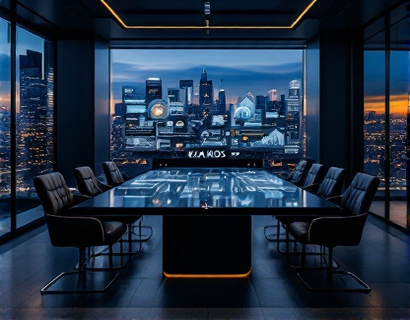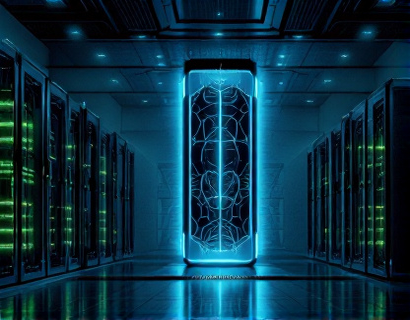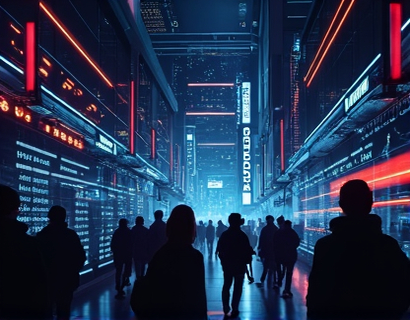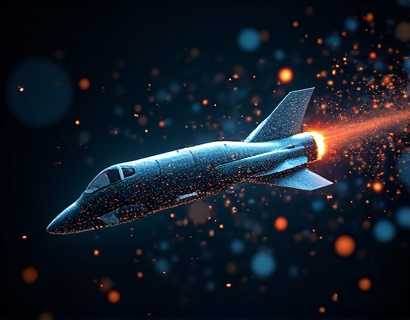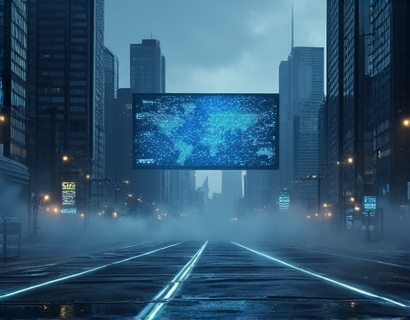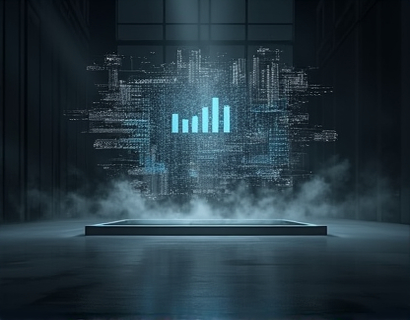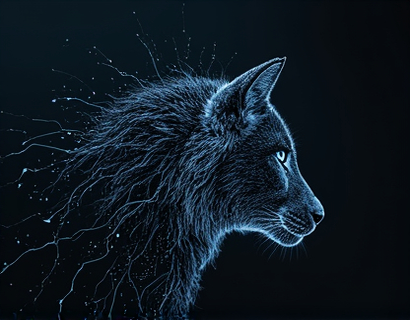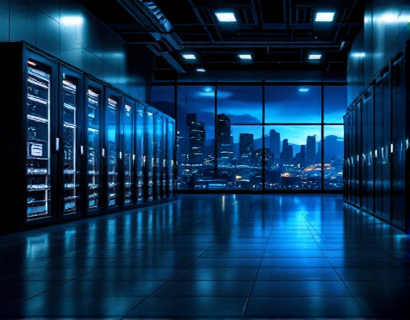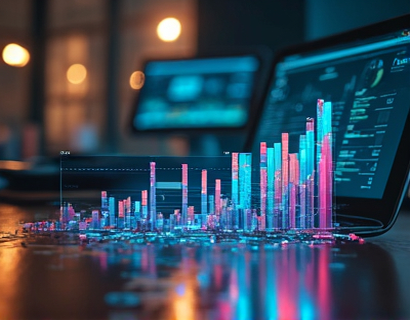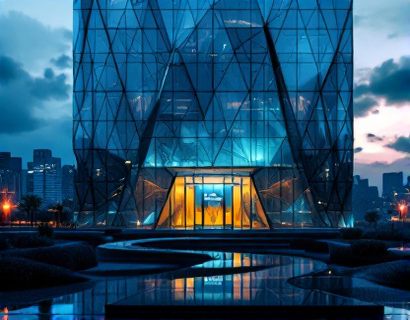AI-Powered Creativity Transformation: Revolutionizing Film, Music, and Gaming Production with Advanced Technology Solutions
The entertainment industry is at a pivotal moment, driven by the integration of Artificial Intelligence (AI) technology. This transformation is not just about automating tasks but about fundamentally changing how creativity is expressed and realized in film, music, and gaming. AI is enhancing the creative process, optimizing production workflows, and streamlining project management, offering professionals unprecedented tools to push the boundaries of what is possible.
Enhancing Creativity in Film Production
In the realm of film, AI is revolutionizing storytelling and visual effects. Scriptwriting assistance tools powered by AI can analyze successful scripts, identify key elements, and suggest plot developments, character arcs, and dialogue. These tools do not replace human creativity but serve as a collaborative partner, providing insights and ideas that can inspire new directions. For instance, AI algorithms can generate multiple script versions, allowing directors and writers to explore various narrative paths and choose the most compelling one.
Visual effects (VFX) are another area where AI is making significant strides. Traditional VFX workflows are time-consuming and require extensive manual effort. AI-driven tools can automate repetitive tasks such as background removal, object tracking, and environment generation. Machine learning models can learn from vast datasets of real-world images and scenes to create photorealistic environments and characters. This not only speeds up the production process but also reduces costs and enhances the quality of the final product. For example, AI can seamlessly integrate CGI characters into live-action scenes, ensuring a natural and believable appearance.
Optimizing Music Production
The music industry is also experiencing a creative renaissance thanks to AI. Composers and producers can leverage AI tools to generate musical ideas, compose melodies, and even create entire tracks. AI algorithms can analyze vast libraries of music, identifying patterns and trends to suggest new compositions that resonate with target audiences. This capability is particularly valuable for artists looking to experiment with different genres or styles, as AI can provide a foundation upon which they can build.
Music production workflows are becoming more efficient with AI-assisted tools. From automatic mixing and mastering to real-time instrument tracking, AI is streamlining the process from recording to final mix. These tools can analyze audio signals, adjust levels, and apply effects with precision, reducing the need for extensive manual intervention. This not only saves time but also allows producers to focus more on the creative aspects of music making. Additionally, AI can help in identifying and correcting issues such as off-key notes or timing errors, ensuring a polished final product.
Transforming Gaming Development
In gaming, AI is transforming the development process, from design to deployment. Game designers can use AI to generate levels, create non-playable characters (NPCs), and even write dialogue. AI algorithms can analyze player behavior and preferences to dynamically adjust game difficulty and content, ensuring a personalized experience for each player. This adaptive technology not only enhances player engagement but also reduces the workload on developers by automating certain design tasks.
AI-powered tools are also revolutionizing game art and animation. Procedural generation techniques, driven by AI, can create intricate and varied environments, reducing the time and resources required for manual design. Character animation can be enhanced with AI-driven motion capture and synthesis, allowing for more natural and expressive movements. These advancements not only improve the visual quality of games but also enable developers to create more complex and immersive worlds.
Streamlining Project Management with AI
The integration of AI in project management is a game-changer for the entire entertainment industry. AI-driven project management tools can predict project timelines, allocate resources more efficiently, and identify potential bottlenecks before they become issues. These tools analyze historical data and current project metrics to provide data-driven insights, helping project managers make informed decisions. For instance, AI can optimize scheduling by considering factors such as team availability, resource constraints, and task dependencies, ensuring that projects stay on track and within budget.
Collaboration is another area where AI shines. AI-powered communication tools can facilitate seamless collaboration among remote teams, translating languages in real-time and summarizing meeting notes to keep everyone aligned. These tools also help in managing version control and asset tracking, ensuring that all team members have access to the most up-to-date materials. This level of integration and automation not only improves efficiency but also fosters a more cohesive and productive work environment.
Challenges and Considerations
While the benefits of AI in the entertainment industry are undeniable, there are challenges and considerations that must be addressed. One of the primary concerns is the potential displacement of jobs. However, rather than replacing human creatives, AI is more likely to augment their capabilities, allowing them to focus on higher-level tasks that require human intuition and emotional intelligence. Continuous learning and upskilling will be essential for professionals to thrive in this new landscape.
Another consideration is the ethical use of AI. Ensuring that AI tools are used responsibly and do not perpetuate biases or create content that is harmful or offensive is crucial. Industry stakeholders must establish guidelines and best practices to guide the development and deployment of AI technologies. Transparency and accountability in AI decision-making processes are also vital to maintain trust and credibility.
Future Prospects
The future of AI in the entertainment industry is bright, with ongoing advancements promising even more innovative applications. As AI models become more sophisticated, we can expect to see deeper integrations that blur the lines between human creativity and machine intelligence. For example, AI could play a more significant role in interactive storytelling, where narratives adapt in real-time based on player choices, creating unique experiences for each individual.
In film, AI-driven special effects could reach new heights, enabling the creation of previously unimaginable visuals. In music, AI composers might collaborate with human artists to produce groundbreaking albums that push the boundaries of genre and form. In gaming, AI could enable the development of living, breathing worlds that evolve and respond to player actions in complex ways.
The entertainment industry stands at the cusp of a creative revolution, powered by AI technology. By embracing these advanced tools, professionals can unlock new levels of creativity, efficiency, and innovation. The key is to view AI not as a replacement but as a powerful ally in the pursuit of artistic excellence.



